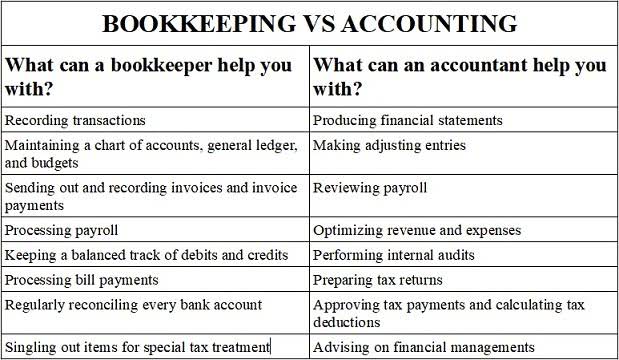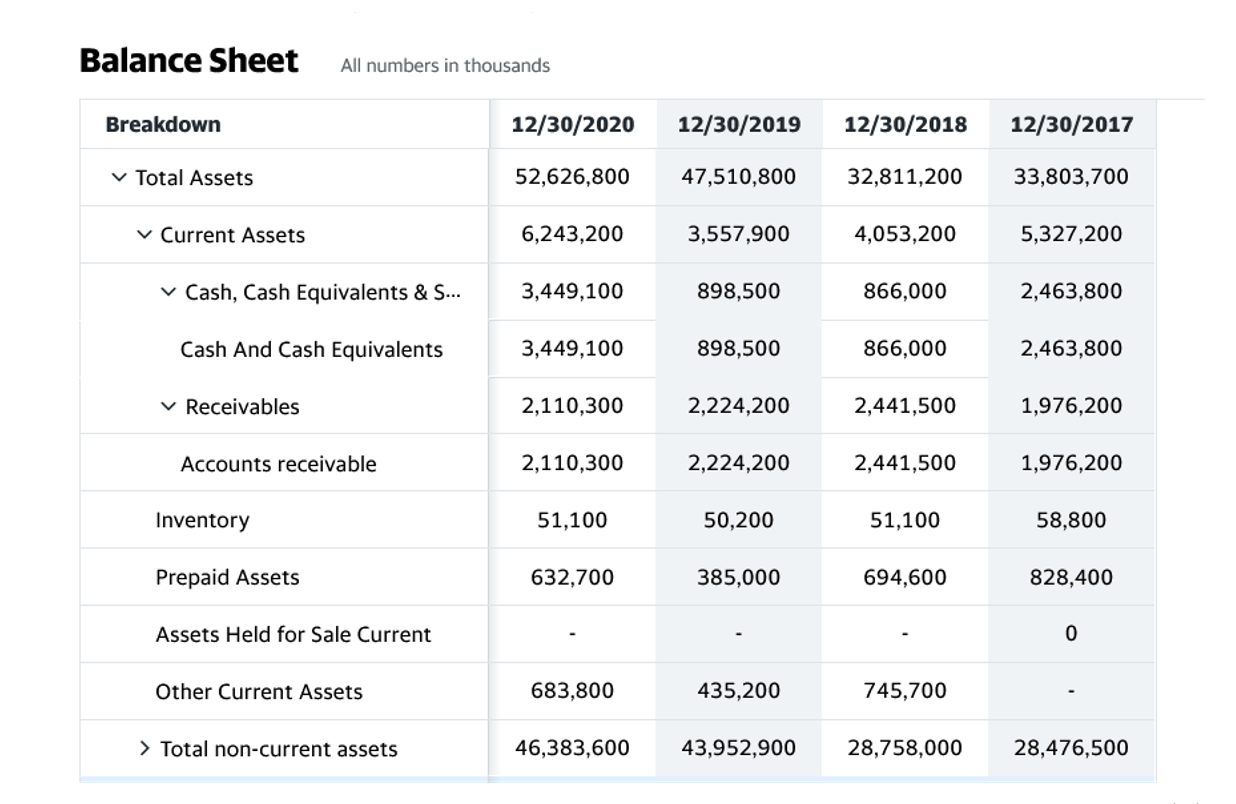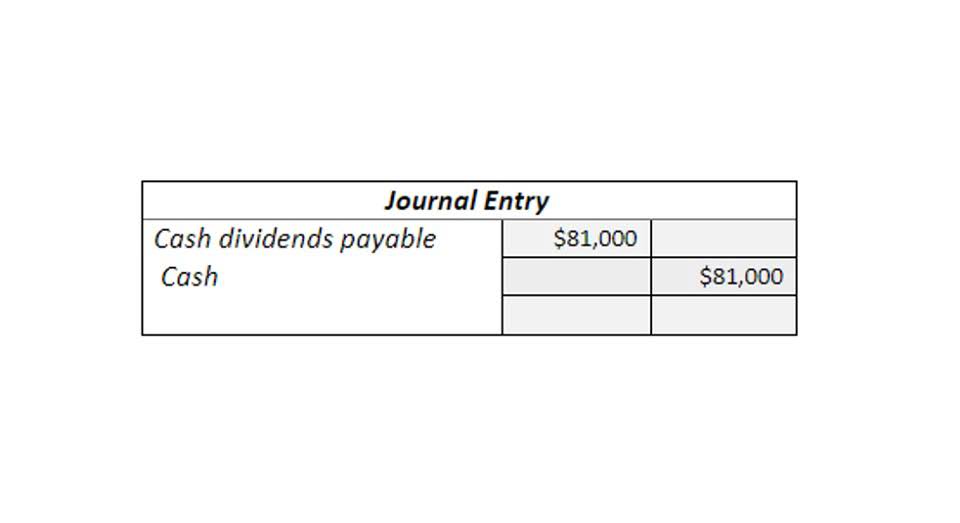America’s #1 Bookkeeper License

For NACPB members, the total fee of all four sections of the test is $400, while for nonmembers, it is $600. If you opt to become a member, you will have access to various free study resources. In addition, for $1,596 for NACPB members and $1,996 for nonmembers, they offer a test preparation course. The NACPB provides both a certification and a licensure program for bookkeepers. During our investigation, we discovered that the AIPB’s bookkeeper certification curriculum is more identical to the bookkeeper licensing program.
Certified Financial Services Auditor (CFSA)
Once you have submitted your application, you must ensure that you meet the work experience requirement, which is at least two years or 3,000 hours, before you are eligible to seek certification. You have three years to fulfill this requirement from the date that you pass the exam. As a financial professional, your credibility is key and a major factor in attracting or retaining clients. The primary purpose of becoming a certified bookkeeper—rather than just learning bookkeeping—is to enhance your credibility. Evaluate whether you currently have the knowledge to be an efficient bookkeeper or the nacpb vs aipb formal education or equivalent experience that could be applied toward certification. Once you’ve met all of your chosen credential’s requirements and completed your preparatory courses, it’s time to take the exams.

#2. Certified Bookkeeper (CB)
Take advantage of practice exams, study workbooks, and other online resources to brush up on your bookkeeping skills and knowledge. As previously stated, the work experience requirement does not have to be fulfilled at the time of application submission. In actuality, you have three years to fulfill the work experience requirement from the day you pass the final portion of the test. If you have some but not all of the requisite job experience, you should provide the hours you have accrued so far with your application.
Certification FAQs for Bookkeepers

Although it is not directly related to bookkeeping, it serves as a foundation to continue your training as a bookkeeper. Taking courses related to bookkeeping such as accounting, math, computer science, and English will go a long way to ensure that you become a good bookkeeper. A minimum grade of 75% is required for the first and second part, and a minimum grade of 70% is required for the third and fourth part to achieve certification.


This type of certification is widely accepted as proof of basic https://www.instagram.com/bookstime_inc competency. Most businesses need someone to keep track of their financials, and with remote work on the rise, bookkeepers can easily work for clients from anywhere in the world. Bookkeepers handle the day-to-day tasks like recording transactions, posting debits and credits, producing invoices, running payroll, and maintaining the general ledger and accounts.
- To renew your certification, you must complete continuing coursework, attend professional development programs and take part in training workshops.
- Requirements for CB certification are more extensive, as they ask for at least 3,000 hours of experience or two years of bookkeeping or accounting experience.
- The third and fourth parts of the curriculum are payroll fundamentals and Quickbooks fundamentals respectively, and they cost the same as the first and second.
- And you aren’t an ‘official’ accountant without one of those designations, and they take many years of study and many thousands of dollars to attain.
- There are several additional bookkeeper courses and certification programs that will provide certification.
- The agreement to follow the AIPB code of ethics is the fourth stage in the certification process.
NACPB Certified Public Bookkeeper ProgramInformation and Registration

The Certified Public Bookkeeper (CPB) license is accredited by the National Association of Certified Public Bookkeepers (NACPB). The license is recognized throughout the United States and its properties. Cecilia is a freelance writer, content marketing strategist and author covering education, technology and energy. She is a current contributor to the Forbes Advisor education vertical and holds a summa cum laude journalism degree from California Polytechnic State University, San Luis Obispo. Outside of universities, certifications are available through the American https://www.bookstime.com/ Institute of Professional Bookkeepers (AIPB) and the National Association of Certified Public Bookkeepers (NACPB).
